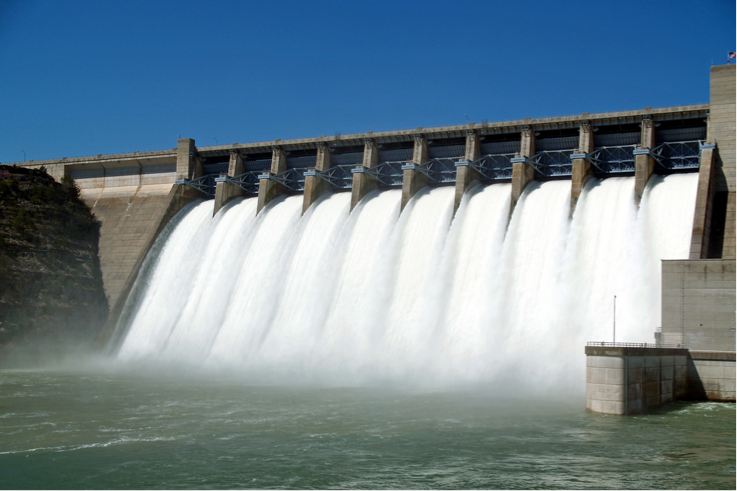
Recognizing the need for increased ownership of OBs by countries, the European Union has decided to sponsor a "Project for the Strengthening of Transboundary Water Management Institutions in Africa (SITWA)" in order to contribute to the necessary change in the level of socio-economic development of African populations through the sustainable use of water resources. The preparatory phase of the SITWA project began in early 2012. The project did not really start until October 2012. The main objective of the SITWA project is to strengthen regional cooperation at the political, economic and stakeholder levels. for the sustainable management of transboundary water resources in Africa and thus contribute to peace, security, stability and poverty reduction, building on African knowledge. The three-year, two-phase project (Phase I for inception and Phase II for implementation) is co-managed by OMVS and the Global Water Partnership Organization (GWPO). following an agreement signed in April 2012. Operational management is entrusted to a Project Management Team (PMT) based at OMVS building in Dakar, Senegal.
The SITWA project has two main objectives:
Objective 1: ANBO is transformed into a sustainable and influential organization as a pillar of AMCOW
The project aims to transform ANBO into a sustainable and influential organization as a pillar of the African Union (AU) and the AMCOW framework, which supports the development of riverine and lacustrine bodies as a catalyst for political and economic development. institutional, knowledge and information management and capacity building in the management and development of transboundary water resources.
Objective 2: The ANBO program is implemented and technical assistance is provided through the Regional Economic Communities (RECs).
With support from GWP, ANBO will provide technical assistance to OBs (through the RECs and their respective member states) in the development of IWRM strategies and plans (including addressing flood and drought vulnerability, issues priorities for short- and long-term development, quantitative water analyzes and water quality objectives, etc.) in river basins, where not yet developed, and for the implementation of plans where they exist.
The project is executed in two phases: An Inception Phase and an Implementation Phase. The Inception phase was carried out between October 2012 and October 2013 and its inception report (ANBO Secretariat, 2013) is its main output.
During the Inception Phase, a team of consultants analyzed the current situation, identified gaps and focused on the activities that the SITWA project will perform during the Implementation Phase. The participatory studies identified a set of strategic activities that could be implemented over the next five years. These strategic actions have been grouped into six components, namely:
(i) Component 1: Institutional strengthening of ANBO;
(ii) Component 2: Governance (legal / institutional support to BOs);
(iii) Component 3: Capacity Building;
(iv) Part 4: Knowledge Management;
(v) Part 5: Mobilization of Financial Resources and;
(vi) Component 6: BO’s Assessment of IWRM, Climate Change, Data Management and Infrastructure Development.
The activities of the Implementation Phase, from October 2013 to October 2016, are considered priorities based on the results and recommendations of the Inception Report (ANBO Secretariat, 2013).




